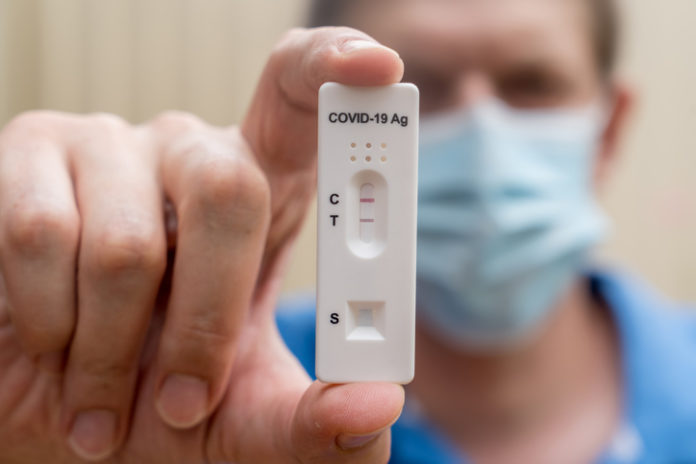Research released today has shown that despite warnings of a new COVID-19 wave, nearly two thirds of Australians are complacent about the risks of infection.
A quantitative research survey conducted by Pfizer Australia showed that compared to a year ago, nearly two thirds (60%) of Australians believe the worst of the COVID-19 pandemic is now over, with a similar number (61%) being less concerned about the impact of COVID-19 in their community.
Around half (46%) feel less concerned about their personal risk of serious illness and slightly more than half (57%) think others around them, including family, friends and work colleagues are also less concerned about their personal risk.
Professor Robert Booy, Infectious Diseases Specialist and Paediatrician, University of Sydney, has warned against complacency during the current wave, saying: “Protection against COVID-19 infection requires several steps, including ensuring your vaccinations are up to date, practicing COVID safe behaviours and ensuring if you do test positive to COVID, you act fast by talking to your GP to learn if anti-viral medicines are right for you.”
“Recent Federal Government data has shown COVID-19 still poses a very real risk to the health of our communities as we move into a new wave of infections, specifically to those at higher risk of serious illness. The fact that one in three Australians are less likely to test for COVID-19 when they experience symptoms or consult their GP if they test positive compared to a year ago is of concern.
“Testing earlier means people can seek medical advice sooner and can access anti-viral medicines faster if they are eligible,” Professor Booy noted.
Tanya Hall, Chief Executive Officer and Founder, Hearts4heart, urged Australians to remain vigilant.
“This research shows that one in five of those at higher risk, like those over 70, those with health conditions like heart disease, lung disease or diabetes, and Aboriginal and Torres Strait Islander people are less likely to test or see a GP if they experience COVID-19 symptoms. These people are more likely to suffer serious illness including hospitalisation from COVID-19, so it’s important these groups act fast by speaking to their GP if they test positive.”
Recent Government data for the week ending 15 November reported 75,590 cases of COVID-19 across Australia, with an average of 10,799 cases per day. This represents a 38.3% increase compared to the previous week.


